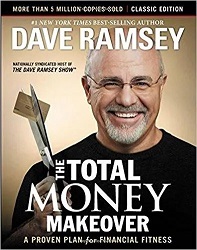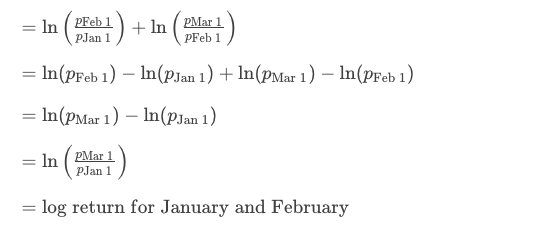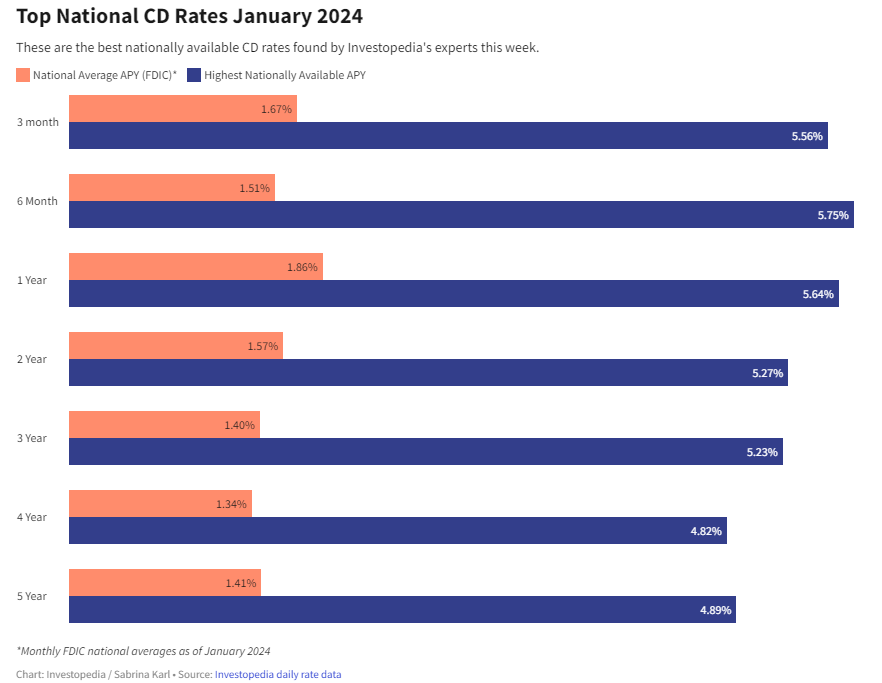What are ETFs? What are the most popular ETFs?
Introduction
Exchange-traded funds (ETFs) are a type of investment fund that trade on stock exchanges like stocks. ETFs typically hold a basket of securities, such as stocks, bonds, commodities, or currencies, that track an underlying index, sector, or theme. ETFs offer investors a convenient and cost-effective way to diversify their portfolios, access niche markets, and implement various strategies.
Benefits of ETFs
ETFs have several advantages over traditional mutual funds, such as:
- Lower fees: ETFs usually have lower expense ratios than mutual funds, which means they charge less for managing the fund. ETFs also incur fewer transaction costs, as they do not have sales loads, redemption fees, or 12b-1 fees that some mutual funds charge.
- Tax efficiency: ETFs are generally more tax-efficient than mutual funds, as they create and redeem shares in-kind, rather than in cash. This means they avoid triggering capital gains taxes when they rebalance their portfolios or when investors buy or sell shares. ETFs also distribute fewer capital gains than mutual funds, as they have lower turnover rates.
- Transparency: ETFs disclose their holdings daily, unlike mutual funds, which only do so quarterly or semiannually. This allows investors to know exactly what they are investing in and how their ETFs are performing. ETFs also have clear and simple pricing, as they trade throughout the day at market prices, rather than at the end of the day at net asset value (NAV).
- Flexibility: ETFs offer investors a wide range of choices, as they cover almost every asset class, sector, region, and strategy imaginable. ETFs also allow investors to use various trading techniques, such as limit orders, stop orders, margin, and short selling, that are not available for mutual funds.
Most Popular ETFs
According to ETF Database, the most popular ETFs by trading volume as of November 23, 2023 are:
- SPDR S&P 500 ETF Trust (SPY): This ETF tracks the performance of the S&P 500 index, which consists of 500 large-cap U.S. stocks. SPY is the oldest and largest ETF in the world, with over $400 billion in assets under management (AUM). SPY has an expense ratio of 0.09% and a dividend yield of 1.34%.
- Invesco QQQ Trust (QQQ): This ETF tracks the performance of the Nasdaq-100 index, which consists of 100 of the largest and most innovative non-financial companies listed on the Nasdaq. QQQ is the second-largest ETF in the world, with over $200 billion in AUM. QQQ has an expense ratio of 0.20% and a dividend yield of 0.48%.
- iShares Core S&P 500 ETF (IVV): This ETF tracks the performance of the S&P 500 index, similar to SPY. IVV is the third-largest ETF in the world, with over $300 billion in AUM. IVV has an expense ratio of 0.03% and a dividend yield of 1.35%.
- iShares Russell 2000 ETF (IWM): This ETF tracks the performance of the Russell 2000 index, which consists of 2000 small-cap U.S. stocks. IWM is the largest and most liquid ETF that focuses on the small-cap segment of the U.S. market, with over $70 billion in AUM. IWM has an expense ratio of 0.19% and a dividend yield of 0.87%.
- iShares MSCI EAFE ETF (EFA): This ETF tracks the performance of the MSCI EAFE index, which consists of over 900 large- and mid-cap stocks from developed markets outside of North America, such as Europe, Japan, and Australia. EFA is the largest and most popular ETF that provides exposure to international developed markets, with over $80 billion in AUM. EFA has an expense ratio of 0.32% and a dividend yield of 1.94%.
Conclusion
ETFs are a versatile and attractive investment option for investors who want to diversify their portfolios, access niche markets, and implement various strategies. ETFs have lower fees, higher tax efficiency, greater transparency, and more flexibility than traditional mutual funds. ETFs also offer a wide range of choices, from broad market indexes to specific sectors and themes. Investors can use ETFs to build a core portfolio, complement existing holdings, or hedge against risks.
Personal finance book recommendations
Personal Finance Book RecommendationsAs a professional financial advisor, I am often asked for recommendations on books that can help individuals gain a better understanding of personal finance. It is no secret that managing money effectively is a crucial skill that can greatly impact one'
How is the interest on bank deposits calculated?
Interest is the amount of money that a bank pays you for keeping your money in a deposit account, such as a savings account, a fixed deposit, or a certificate of deposit. Interest is also the amount of money that you pay to a bank for borrowing money from them, such as a loan or a credit card.
How to Double Your Money with the Best CD Rates for January 2024
If you are looking for a safe and reliable way to grow your savings, you might want to consider opening a certificate of deposit (CD) account. A CD is a type of deposit account that offers a fixed interest rate for a specified term, usually ranging from a few months to several years. Unlike a regula
How to buy the right personal financial products
Personal financial products are tools that help you manage your money, save for the future, and achieve your financial goals. They include things like bank accounts, credit cards, loans, insurance, investments, and retirement plans. However, not all personal financial products are create








